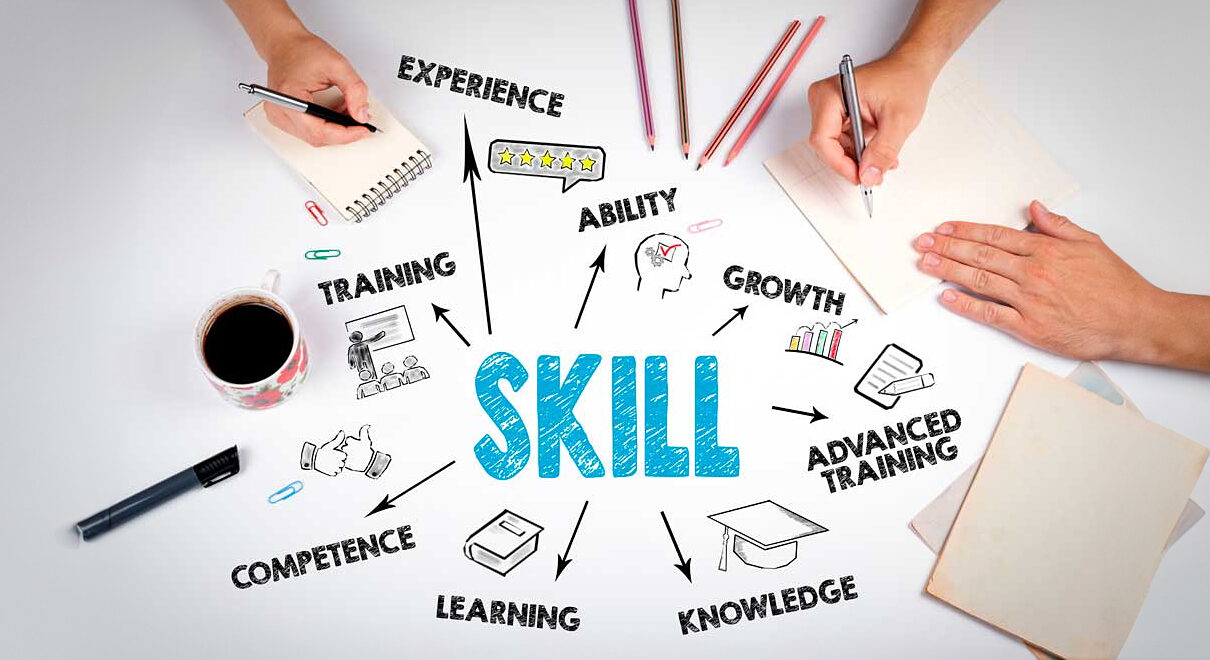
In today’s fast-paced world, the ability to learn new skills quickly and efficiently is more valuable than ever. Whether you want to advance in your career, pursue a hobby, or improve personal growth, developing new skills can open doors to countless opportunities. However, learning something new can feel overwhelming if you don’t have a clear strategy. The good news is that there are effective methods that can make this process smoother, faster, and more enjoyable. Here are some practical tips to help you master new skills.
1. Set Clear Goals

The first step in learning any new skill is defining your objective. Ask yourself what you want to achieve and why it matters to you. Clear goals give direction and motivation, preventing frustration and wasted time. For instance, instead of saying, “I want to learn guitar,” try “I want to play three songs on the guitar by the end of the month.” This makes your progress measurable and encourages consistent effort.
2. Break It Down Into Smaller Steps
Trying to learn everything at once can be daunting. Break your target skill into smaller, manageable components. For example, if your goal is to learn coding, start with understanding basic concepts like variables and loops before moving on to more complex projects. Focusing on one small step at a time not only makes the task less intimidating but also helps your brain retain information more effectively.
3. Practice Regularly
Consistency is key when learning anything new. Short, frequent practice sessions are often more effective than long, irregular ones. Dedicate time each day or week to practice your skill. Even 20–30 minutes of focused practice daily can yield significant improvement over time. Remember, repetition strengthens neural connections, making your learning more permanent.
4. Embrace Mistakes

Making mistakes is a natural part of the learning process. Instead of feeling discouraged, view mistakes as opportunities to improve. Every error provides valuable feedback and helps you identify areas that need more attention. Cultivating a growth mindset—believing that your abilities can improve with effort—will make learning more enjoyable and less stressful.
5. Use Multiple Learning Methods
People learn in different ways, and combining multiple approaches can enhance understanding. You can read books, watch tutorial videos, listen to podcasts, or attend workshops. For example, if you’re learning a language, try a mix of online lessons, conversation practice, flashcards, and immersion in media. Experimenting with various methods allows you to discover what works best for your learning style.
6. Teach What You Learn
One of the most effective ways to solidify a new skill is to teach it to someone else. Explaining concepts forces you to understand the material deeply and highlights areas that need clarification. Teaching also boosts confidence and retention, turning passive knowledge into active mastery.
7. Stay Curious and Motivated
Curiosity fuels learning. Try to cultivate genuine interest in the skill you are acquiring. Ask questions, explore related topics, and challenge yourself with new applications. Motivation can also come from tracking progress and celebrating small achievements. Recognizing improvement, no matter how minor, reinforces your commitment to learning.
8. Seek Feedback and Mentorship

Constructive feedback accelerates growth. Seek guidance from experts, mentors, or peers who can provide insights and correct mistakes. Mentorship can also help you avoid common pitfalls and offer strategies that are not always apparent in books or tutorials. Being open to feedback ensures that you are progressing in the right direction and learning efficiently.
9. Be Patient and Persistent
Mastering a new skill rarely happens overnight. Progress may seem slow at times, but persistence is essential. Focus on long-term growth rather than immediate perfection. Remember, every expert was once a beginner, and consistent effort will eventually lead to competence and confidence.
10. Apply Your Skills in Real-Life Situations
Finally, put your new skill into practice in real-world scenarios. Application solidifies learning and provides practical experience. If you are learning photography, take photos in different environments. If you are learning coding, build small projects or contribute to open-source programs. Real-life application not only reinforces your knowledge but also makes learning more meaningful and enjoyable.
Learning new skills is a journey that requires patience, focus, and the right strategies. By setting clear goals, practicing consistently, embracing mistakes, and seeking feedback, anyone can accelerate their learning process. Remember, the key is to remain curious, persistent, and willing to step out of your comfort zone. The skills you acquire today can transform your future, opening doors to personal growth, career opportunities, and a more fulfilling life. Start small, stay committed, and enjoy the process of becoming better every day.


